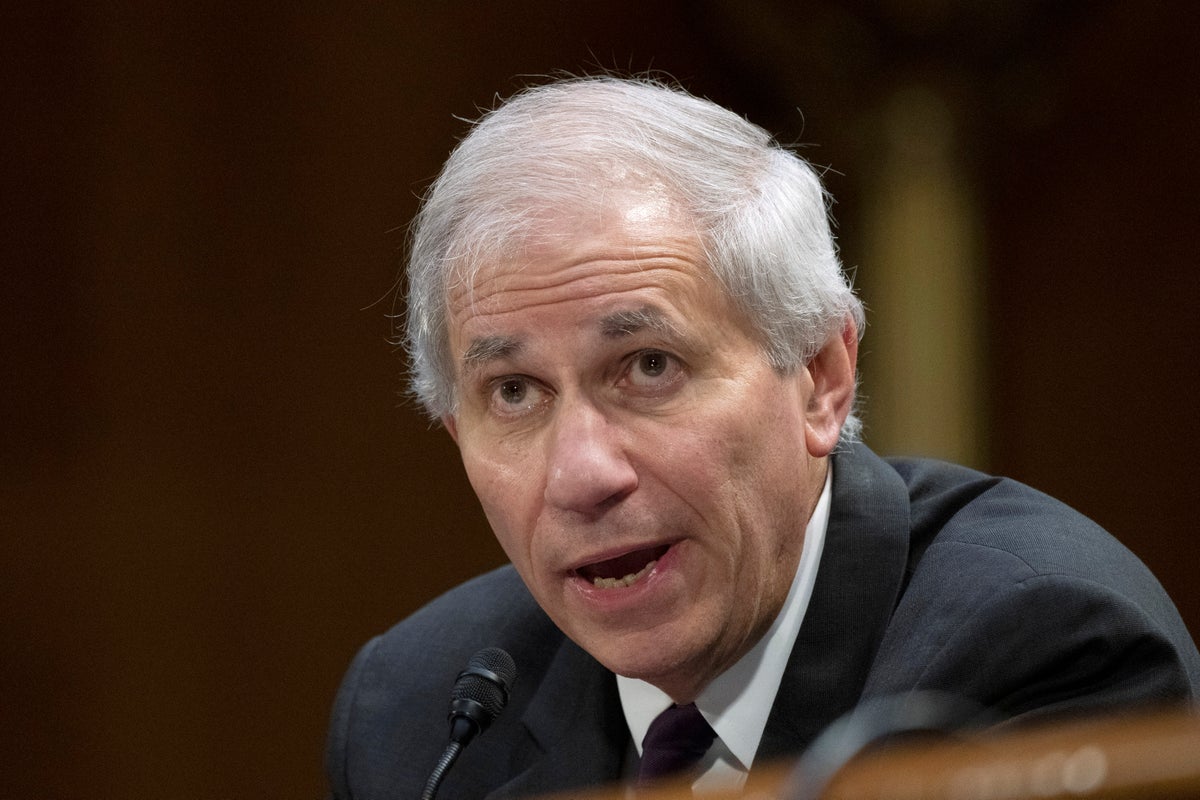
Republican lawmakers accused top bank regulators Wednesday of dawdling as Silicon Valley Bank hurtled toward the second-largest bank failure in U.S. history and questioned whether tougher regulations would have made a difference.
Regulators closed the bank March 10, shaking the U.S. financial system and triggering fears of a broader banking crisis. But Federal Reserve supervisors had first raised questions about Silicon Valley's risky practices far earlier — in 2021 — and had warned the bank's management about them in the fall of that year.
“That doesn't sound like a very urgent supervisory process,” Rep. French Hill, an Arkansas Republican, said at Wednesday's hearing of the House Financial Services Committee into the collapse of Silicon Valley Bank and of New York-based Signature Bank on March 12. Signature Bank's collapse was the third-biggest in the nation's history.
In response to the crisis, some Democrats are calling for stricter bank regulations. Specifically, they want to undo a law, championed by the Trump administration five years ago, that rolled back the strictest regulations on all but the very biggest banks — those with assets of more than $250 billion.
The 2018 law allowed the Fed to apply tougher oversight on a case-by-case basis of banks with assets between $100 billion and $250 billion, a category that included both Silicon Valley Bank and Signature Bank. The Fed official who oversees bank regulation, Michael Barr, agreed Wednesday that the Fed had had ”substantial discretion″ to deal with Silicon Valley Bank.
The Fed is conducting its own review of its supervision of Silicon Valley Bank, due May 1. Barr said the review would look into why Fed officials weren't able to have the problems fixed before the bank failed.
Before enacting tough new regulations on banks, said Rep. Blaine Luetkemeyer, a Missouri Republican, "How about enforcing the existing ones first?''







